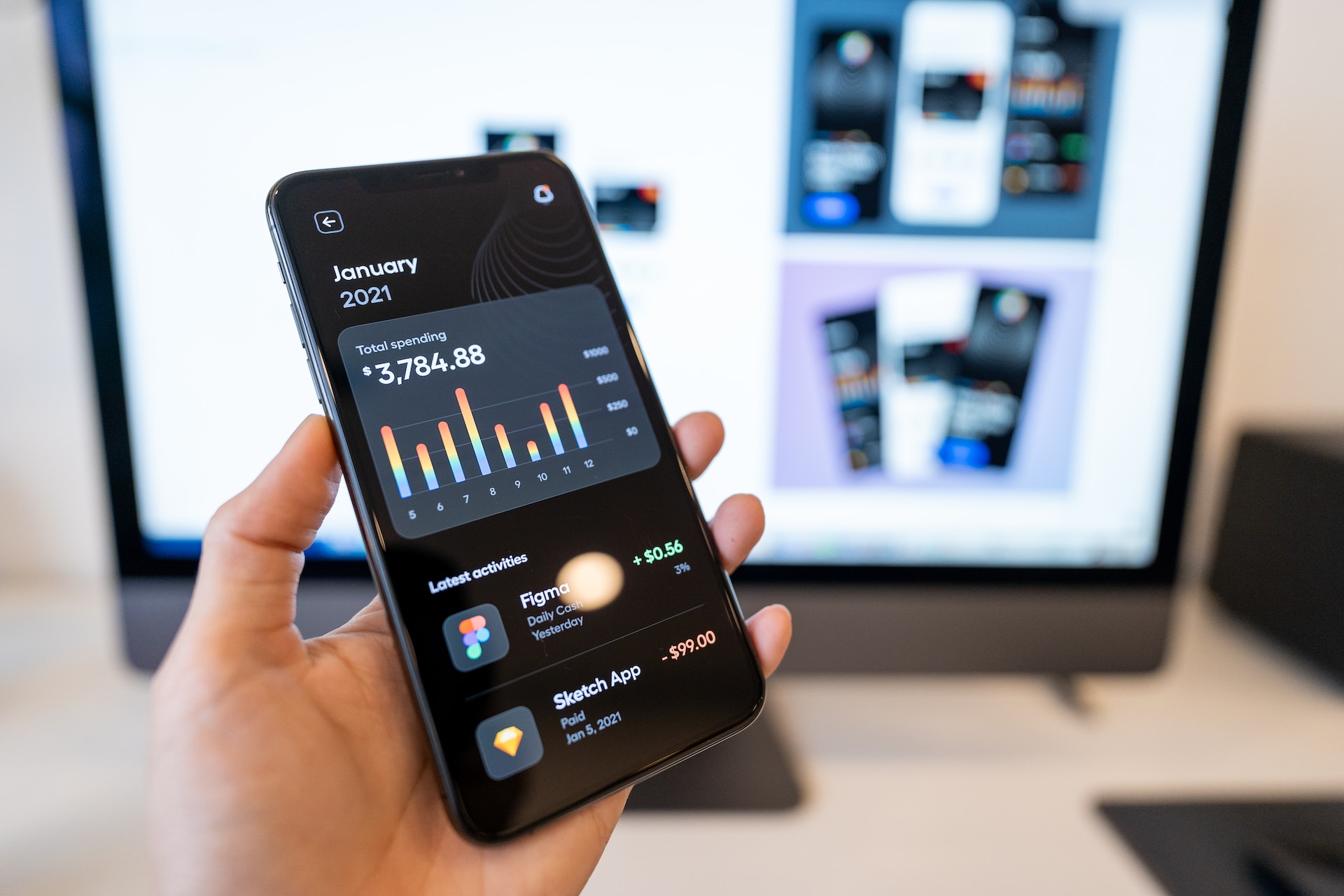In today’s rapidly evolving digital era, mobile applications have become an integral part of our lives. From ordering food to managing finances, apps have transformed the way we interact with technology and access information. As technology advances, app development continues to push boundaries, opening up new opportunities and possibilities for developers. In this blog post, we will explore the future of app development, focusing on the key innovations that are shaping the digital landscape.
Artificial Intelligence and Machine Learning
Artificial Intelligence (AI) and Machine Learning (ML) are revolutionizing the app development landscape. AI-powered apps can analyze user behavior, preferences, and patterns to deliver personalized experiences. Natural Language Processing (NLP) enables voice-activated assistants like Siri and Google Assistant to understand and respond to user queries accurately. Machine Learning algorithms can identify trends and make data-driven predictions, enhancing app functionality and improving user satisfaction.
In the future, we can expect AI and ML to drive innovations such as intelligent chatbots for customer support, image and speech recognition for augmented reality applications, and predictive analytics for personalized recommendations.
Internet of Things (IoT)
The Internet of Things (IoT) is a network of interconnected devices that communicate and share data. As IoT technology advances, it presents exciting opportunities for app developers. IoT-enabled apps can connect and control various smart devices, such as home appliances, wearables, and automobiles.
Imagine an app that allows you to control your home’s temperature, security systems, and even monitor your refrigerator’s contents remotely. IoT apps can collect real-time data, enabling users to make informed decisions and automate daily tasks. With the rise of 5G networks, the IoT ecosystem will expand further, enabling faster and more reliable communication between devices.
Augmented Reality (AR) and Virtual Reality (VR)
Augmented Reality (AR) and Virtual Reality (VR) technologies have already made a significant impact in app development. AR enhances the real-world environment by overlaying digital information, while VR creates a simulated reality, immersing users in a virtual environment.
AR-powered apps can offer interactive experiences, such as virtual try-on for fashion retailers or virtual tours for real estate agencies. VR apps can transport users to virtual worlds for gaming, education, and training purposes. As AR and VR technologies mature, we can expect more sophisticated applications in fields like healthcare, education, and entertainment.
Progressive Web Apps (PWAs)
Progressive Web Apps (PWAs) bridge the gap between traditional websites and native mobile apps. They offer the benefits of both, combining the accessibility of websites with the functionality of native apps. PWAs can be accessed through web browsers and can work offline, send push notifications, and access device features such as cameras and GPS.
In the future, PWAs will become more prevalent, providing seamless experiences across different devices and platforms. With PWAs, developers can build apps that require fewer resources and can reach a broader audience without the need for multiple versions tailored to specific operating systems.
Blockchain Technology
Blockchain, originally developed for cryptocurrencies, has evolved into a technology with diverse applications. Blockchain provides decentralized and secure data storage, making it ideal for apps that require transparency and immutability.
Blockchain-based apps can facilitate secure peer-to-peer transactions, create digital identities, and ensure the integrity of data. In the future, we can expect blockchain to revolutionize industries such as finance, supply chain management, healthcare, and voting systems, enabling efficient and tamper-proof digital interactions.
Conclusion
The future of app development is incredibly promising, with innovations like AI, ML, IoT, AR/VR, PWAs, and blockchain technology reshaping the digital landscape. As these technologies continue to mature, they will unlock new possibilities for app developers to create more personalized, immersive, and secure experiences for users.
The app development industry will thrive as developers embrace these advancements, constantly pushing the boundaries of what’s possible. It’s an exciting time to be a part of the app development community, as we witness the transformation of ideas into innovative solutions that enhance our lives in ways we couldn’t have imagined before. So, buckle up and get ready to embark on a journey into the future of app development!
